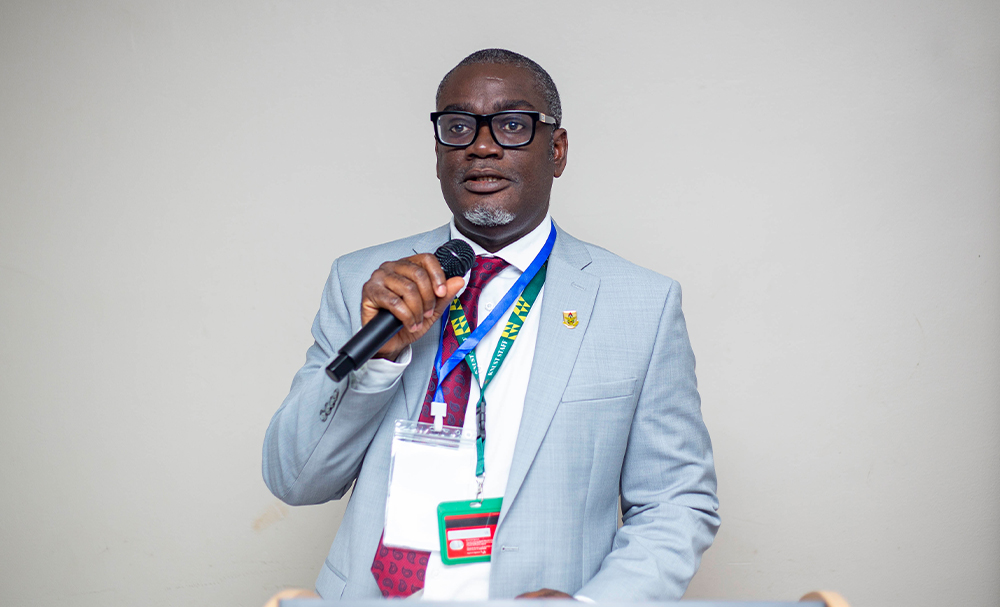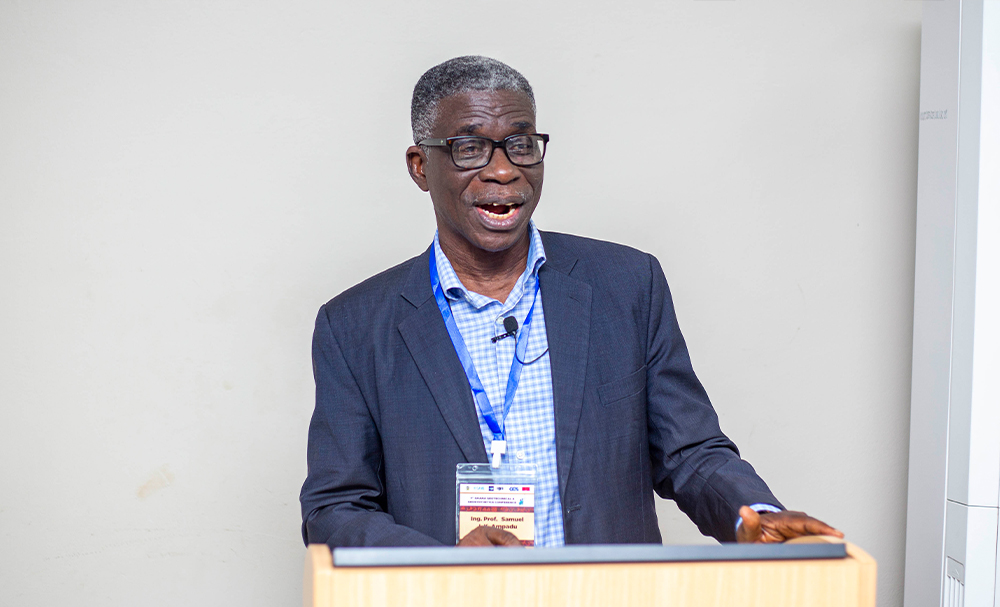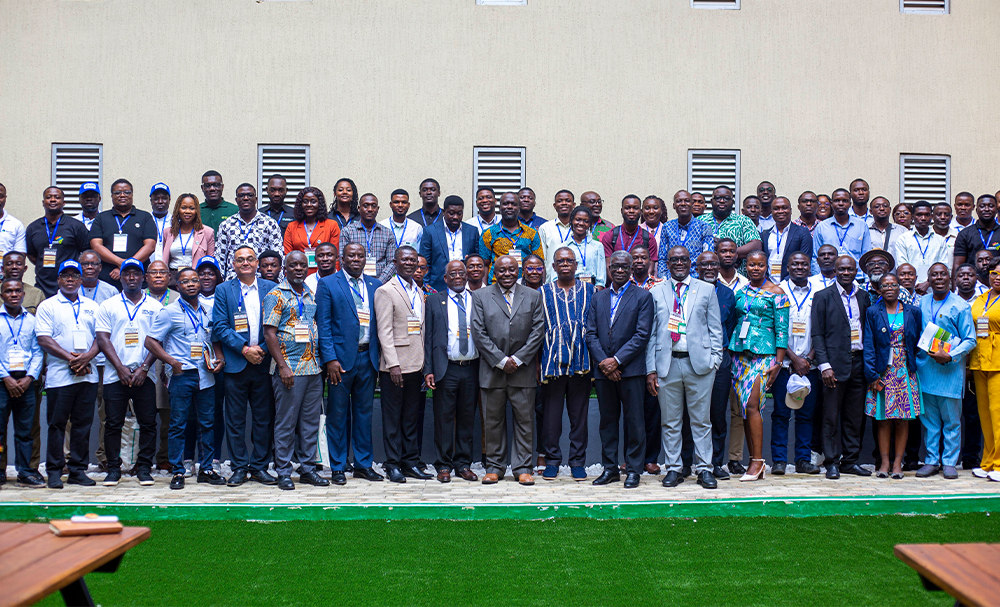Engineers have called on the government to prioritise completing and maintaining ongoing infrastructure projects rather than shelving them for new initiatives, warning that neglect and poor maintenance continue to undermine Ghana’s development efforts.
Speaking at the maiden Ghana Geotechnical and Geosynthetics Conference (3G Conference), President of the Ghana Institution of Engineering (GhIE), Ing. Ludwig Hesse, revealed that the country’s challenges are not technical flaws but delayed timelines, abandoned projects, and weak maintenance.
“Everything we build, roads, bridges, water systems, and buildings, must stand on firm foundations. The engineering is largely done right, but the biggest part of our problem is the lack of maintenance. Every facility has a lifespan, and if you don’t maintain it, it will fail,” he said.
Ing. Hesse called for a more systematic approach to national infrastructure development.
“If we want to do engineering, we must do it well and do it right. Let us finish what we start, maintain our infrastructure, and plan in a way that truly serves the country.” he added
The two-day conference was organised by the Ghana Geotechnical Society (GGS) in collaboration with the International Geosynthetics Society, Ghana Chapter (GhIGS), and the Department of Civil Engineering at KNUST.
It brought together engineers, academics, policymakers and students under the theme: “The Critical Role of Geotechnical Engineering in the Nexus between Green Engineering and Public Safety.”

Professor Kwabena Biritwum Nyarko Provost of the College of Engineering, said the event marked a milestone for the university and the profession.
He noted the importance of promoting geotechnical and geosynthetic engineering at a time of rapid economic growth and rising infrastructure demand.
“The region has a great need for new infrastructure, as well as maintaining existing structures to support development. Infrastructural facilities must be developed in the context of green engineering to ensure both public safety and sustainability,” Prof. Nyarko stated
Prof. Nyarko reaffirmed KNUST’s commitment to advancing teaching, research, and innovation in science and technology. He said that such partnerships are essential to translate cutting-edge research into practical solutions for society. He urged participants to share knowledge and draw lessons from experienced professionals to address current and future challenges.

Professor Samuel Ampadu, Former Provost of the College of Engineering, underscored the critical role of geotechnical engineering in addressing urbanisation and housing pressures. He said high-rise apartments, supported by efficient transport and waste management systems, could ease the housing deficit, but warned that climate change complicates delivery.
He stressed that safe foundations for high-load structures demand stronger expertise and called for postgraduate training in geotechnical engineering.
Dr. Charles Akayuli, Director of Geosystems Consult, highlighted the need for robust governance structures, urging leaders to be versatile, ethical, and proactive, “leading from the front” with honesty and integrity to ensure sustainable growth in the engineering sector.
He stressed that building strong client relationships through hard work, proactiveness, and networking is key to success, while the acquisition of capacity and resources, including specialist associates and basic equipment, provides vital technical support.
The conference features technical presentations on public safety and sustainability, alongside exhibitions from engineering firms showcasing innovations and solutions for the sector.


















